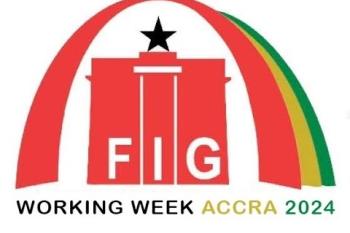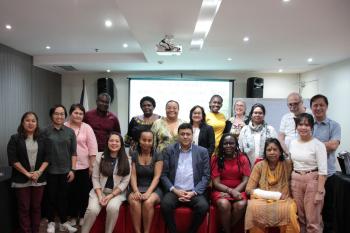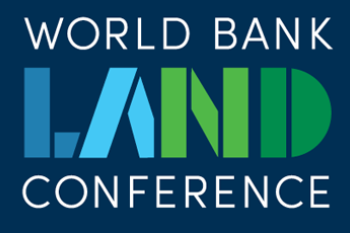Learning Exchange on GLTN Land Tools and Urban Civil Society and Grassroots
From 7 - 9 November 2013 at the GLTN Partners' Meeting - The Hague, The Netherlands.
The main objective of this workshop is to formulate GLTN strategies for grassroots and civil society collaboration on in-country tool development and testing though sharing of experiences, problem-based learning, joint reflection and strategising. GLTN shall be aiming to learn from civil society and grassroots change agents about their land challenges, good practice approaches and in-country testing and development of land tools which is essential for building and strengthening an effective GLTN country level engagement. GLTN will build on the lessons learnt and gaps / challenges identified, and critically reflect on how grassroots and civil society organisations can become systematically engaged in a meaningful way.
There are five key messages that have emerged from the research and consultation process on participation and linkages between grassroots action and land policy reform that commenced in 2010:
- effective policy implementation is demand-led,
- grassroots communities have vital information,
- grassroots communities have vital resources,
- effective engagement builds on effective organisation,
- better policies come through learning by doing.
The development of capacity for in-country tool development and application is a high priority for GLTN, and the representation at the exchange from a variety of organisations and countries/ regions such as Kenya, Lesotho, Nepal, Brazil, Yemen, Zimbabwe, Tanzania, South Africa, Egypt, India and Philippines is a much added value.
GLTN understands the importance of integration of youth, gender, human rights (and other cross-cutting issues) into the land work. It is essential in order to reach the most vulnerable populations and ensure a pro-poor approach and therefore the presence of participants working on youth and land is valued.


